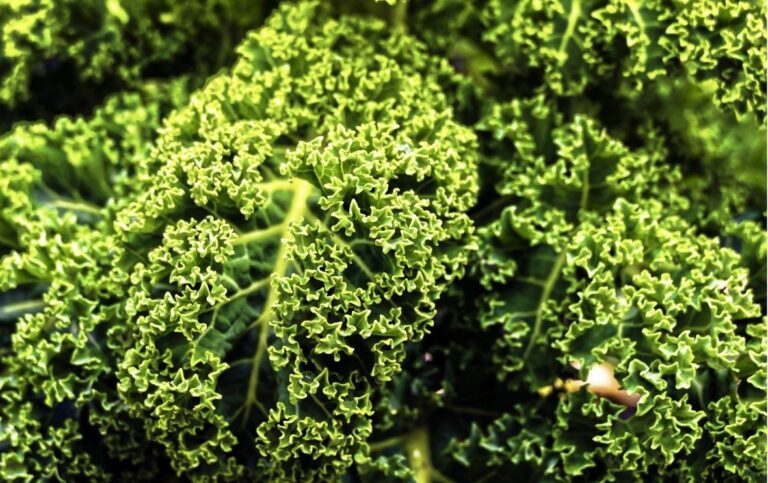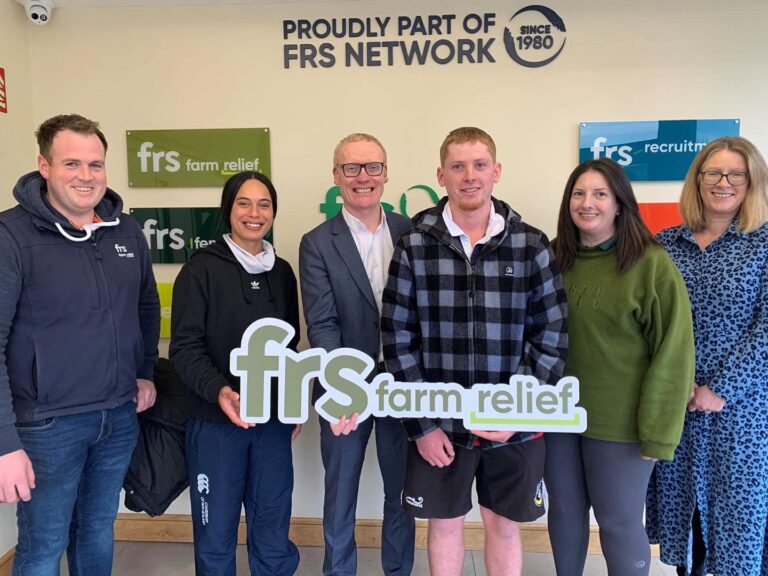As it was Farm Safety Week last month, it is important to keep momentum and continue to encourage farming families and those who live near farms to take this opportunity to review and discuss farm safety in the home. It is vital to have this discussion as a family and include children.
Teagasc statistics show that children make up 10% of all fatalities on Irish farms. Over 80% of these involved farm machineries. This is a worrying figure and FRS believe that farm safety education can help reduce it.
Summertime is an extremely busy time for farmers. As children are also on holidays, many may spend a lot of time on their family farm or visiting friends’ and relatives’ farms. Extra farm safety vigilance is required when children are involved.
Talk About Farm Safety
Depending on the age of the children living beside or near a farm, an age-appropriate conversation must be had. Parents and guardians can research farm safety advice in advance. Visit the new FRS Farm Relief farm safety resource website page that will give you good resources and links to relevant material that can help.
For younger children parents can discuss farm safety through storytelling, drawing and colouring, or with a pre-organised safety tour on the farm where children can identify potential dangers. For older children, parents can include them in some farm plans and encourage them to contribute to farm safety policies on the farm. Before teenagers drive the tractor they should attend a safe tractor driving course. FRS Training provide these courses. Further details are on www.frstraining.com.
Farm Safety Tips
Regardless of the age range on the farm, there are certain safety procedures that need to be strictly followed at all times. Here at FRS, we have put together a few points for farming families to start discussions at home and put into practice:
Firstly, farm visits must be pre-organised. Farmers, farm workers and contractors must be made aware that other people will be in the yard. Children should always be supervised on the farm.
Aim to go to the farm at a quiet time. If there are jobs being done, stay at a safe distance, especially from livestock or machinery. Lock unattended tractors, always remove keys from door and always keep the keys out of sight. Keep watch when machinery is on for children passing because you can never be too careful. Be aware in advance if there are any areas off-limits and mark using warning signs/cones.
Be aware of certain danger areas on a farm. These include the slurry tank or lagoon, stacked bales or any other areas that slips or falls could occur. Farmers should consider fencing these areas off securely.
Keep all pesticides, cleaning fluids, veterinary medicines, and equipment in their original containers and in a securely locked store. This store should be an off-limit area.
Hygiene on the farm is essential. To prevent the spread of bacteria and disease, wash hands/arms with warm soapy water.
Lastly, it is important to note that a farm is not a safe place for children to play. To prevent accidents from happening on the farm and to keep your mind at ease, consider creating a secure play area for children away from any danger.
Contact FRS
If your farm requires safety fencing, contact your local FRS Fencing office. www.frsfencing.ie
For information about FRS Training farm safety courses visit www.frstraining.com, or on farm safety go to www.frsfarmreliefservices.ie/farm-safety/.




